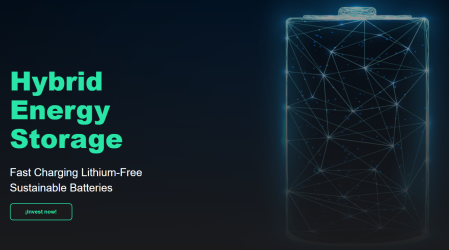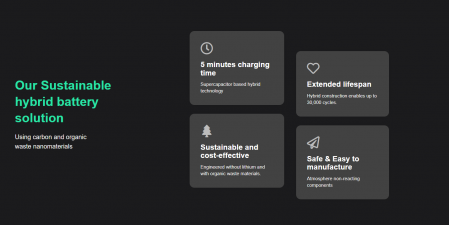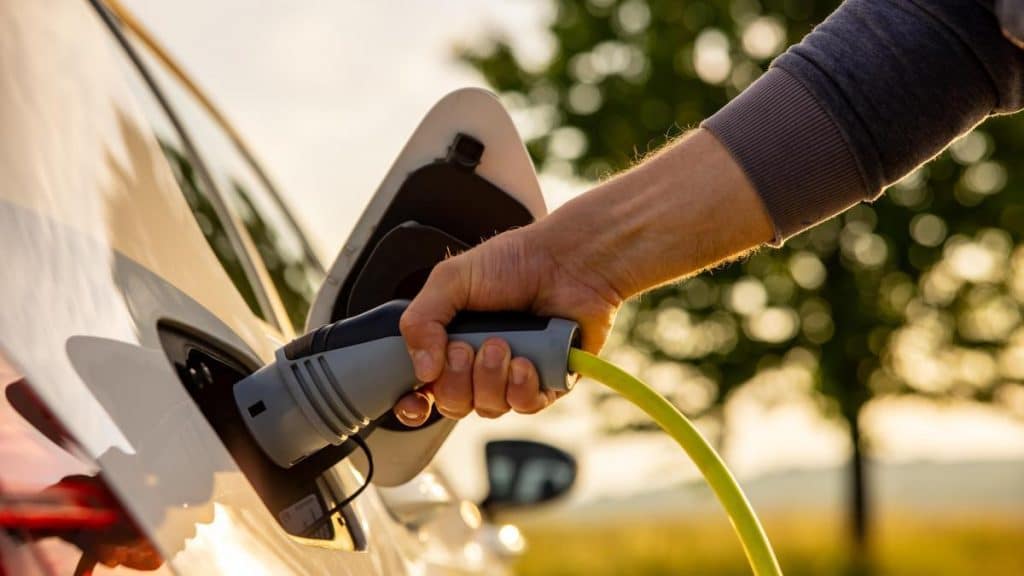The Spanish company Napptilus Battery Labs (NBL) has developed a battery that can be charged in less than five minutes, with a useful life of ten years and without using lithium, a material that generates “great inconveniences” for the environment.
As reported by the company in a statement, the project has the collaboration of the Catalan Institute of Nanotechnology and Nanoscience (ICN2) of the Autonomous University of Barcelona (UAB) and has already entered the final stretch.
Batteries that can be charged in less than five minutes and with a useful life of 10 years
In the same letter, Napptilus Battery Labs announces the opening of a financing round of up to 500,000 euros through the Crowdcube platform, which has already financed more than 1,300 companies, so that batteries can become a reality.

Announcement of the project on the Napptilus Battery Labs website
NBL
These batteries could be used in electric vehicles, energy storage stations in homes, in robotics and industry, and in transportation, among other uses.
According to the statement, current batteries are mainly made with lithium ions, a technology with great drawbacks due to its charging speed, a useful life of over three years, a limited number of charges, with a complex manufacturing process and, above all, everything, due to the use of flammable and unsustainable materials.
New technologies to make batteries more sustainable and economical
For this reason, the Napptilus Battery Labs proposal uses new material technologies to make batteries more sustainable and economical, since they can reduce manufacturing costs by 20% due to their simplicity in the manufacturing processes. Currently, the company has three approved patents “and always focuses on sustainability.”

Advertising with some advantages of the project, on the Napptilus Battery Labs website
NBL
Napptilus Battery Labs is a Spanish company that was born “in the venture builder” of the Napptilus Tech Labs group, located at Pier 01 of Tech Barcelona, by the hand of its founder Rafael Terradas and tech advisors such as Pedro Gómez (ICN2) and Eduard Alarcon (UPC). Specifically, the Napptilus group is a software engineering company created by Rafa Terradas in 2004 and has a team of more than 100 engineers.
read also


